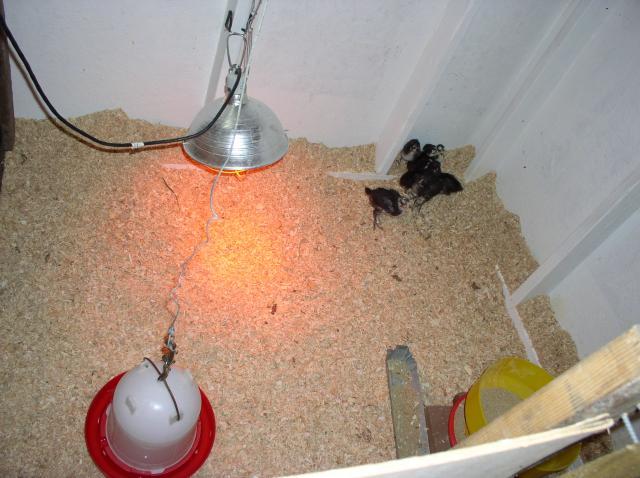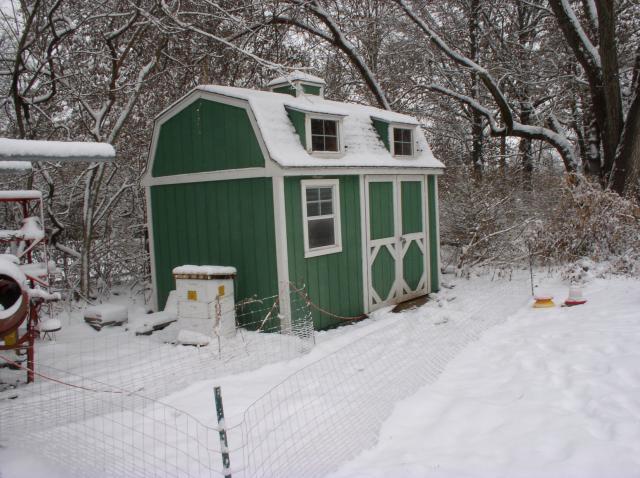My chicken years began by standing next to my grandmother in the huge downtown Portland, Oregon indoor farmer's market in the early 1950s. Gram sold chicken and eggs. The bodies arrived in early morning dark packed in large boxes after the ice man had delivered ice for the display refrigerator cases. They had been killed and plucked. Gram cut off the heads and feet (I played with them on the wet wood counter), while she butchered them and placed them in containers on ice. A woman sold honey in the stall next to us, and across the isle was a produce stand and a coffee shop with three booths. I spent my summers with Gram, and my Aunt and Uncle and four cousins on a farm outside of town. I milked goats, collected eggs, rode horses and played with my cousins in idyllic summers.
I now have sixth generation silver spangled Hamburg crosses living in my barn in Montana. They have a little Egyptian faoumi and a little barred rock in their mix, but are mostly Hamburgs, the most hardy and delightful breed I have ever owned. The barn has no electricity, and no running water, thus the flock of seven does not have heat or light on dark winter days, and I carry warm water out every day to them. The flock has an outside run to use in warmer weather, and I collect kitchen waste for them in an old steel and enamel honey pot with a lid on my kitchen counter. Their run is next to my vegie garden, and they get all that waste also.
What I know about chickens:
1) If a raccoon, dog or other predator kills a chicken of mine, it is my fault. In Montana, bears (and a lot of other predators) are killed once they become used to being able to raid a chicken house. This should not happen. The chicken owners should bury the fencing wire underground; put a roof on the outside run; have a very secure place for the chickens at night; and run electric fencing around the whole. They should not allow the flock to free range in fox or coyote or strange dog territory and then blame the predator.
2) Never put up with an aggressive rooster. Beyond harming you, they could really hurt a grandchild. In 40 years with Hamburgs, I have never had an aggressive rooster.
3) Use diatomaceous earth to control mites.
4) Bring you chickens a treat every day and just sit down on an upturned bucket and watch them or talk to them. They will calm you when your home is a storm.
5) Use their litter like gold on your garden. I spread the straw and manure mix on my garden many inches deep every spring (without composting it first) and it gets tilled in. Huge vegie crops come after.
3) Give you flock as much room as you can. Mine has half a barn as their home and I do not need to clean up after them except once a year. They have open windows (even at 30 below) to control moisture, and heavy wire to control predators. This is much better than a small coop that I have housed chickens in -- that gets mucky and needs to be cleaned out very quickly.





